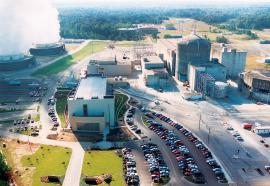The Mobile-Sierra Doctrine: A Return to Its Statutory Roots
The 9th Circuit’s Snohomish and PUC decisions rationalize what has been a confusing, conflicted area of law.
The 9th Circuit Court’s Snohomish and PUC decisions seek to rationalize what has been a confusing, conflicted area of law.






